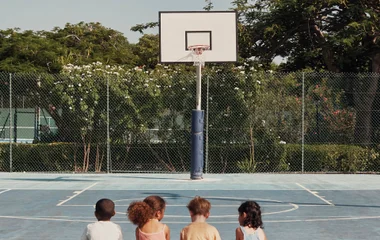Your baby's health while traveling is paramount. Carrying essential medications ensures that you're equipped to address any unexpected health issues that might arise during your travels. From fever-reducing medications to allergy remedies or prescribed treatments, having these on hand can provide quick relief and peace of mind. Traveling exposes you and your baby to new environments, climates and potential allergens. Having necessary medications ensures that you're prepared for unforeseen health challenges, whether it's dealing with a sudden cold, tummy troubles, or minor injuries. Depending on your travel destination, accessing specific medications might be challenging. Language barriers and unfamiliar healthcare systems can make it difficult to obtain the right medications when you need them the most. Bringing your own supply ensures you're not reliant solely on local resources.
When it comes to documents, its important to have a few essentials on hand. These include: passports and identification; visas and entry requirements; travel insurance policy documents; a copy of your baby's health records, including vaccination records, any medical conditions, and contact information for your healthcare provider; consent letters (if you're traveling alone with your baby or without the other parent, having a consent letter from the absent parent or legal guardian can help prevent potential issues at immigration); and emergency contacts (this should include contacts both at home and at your travel destination, including embassy or consulate information).
Packing medications and important documents might seem like a small task, but it's a fundamental step that ensures the well-being and comfort of your baby, and gives you peace of mind.











